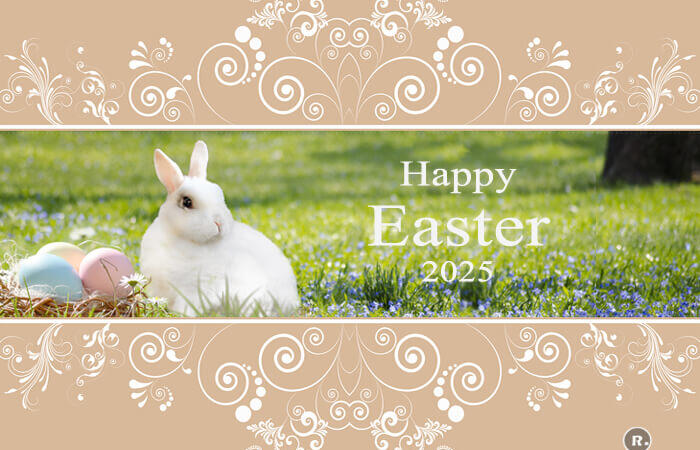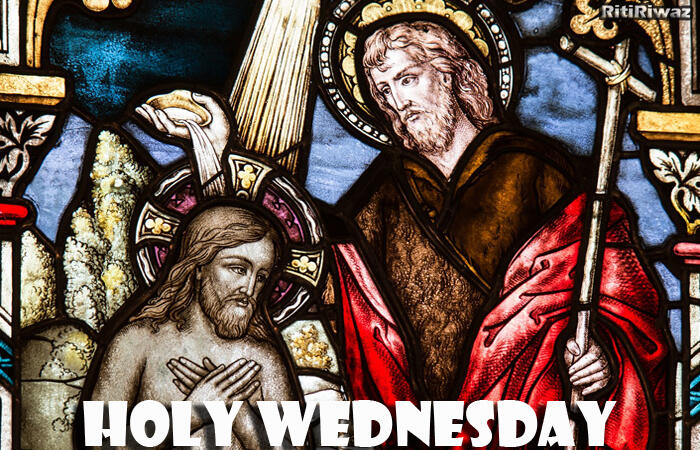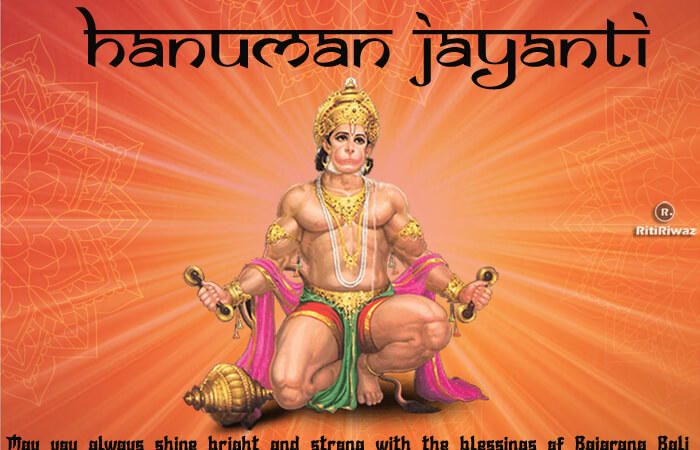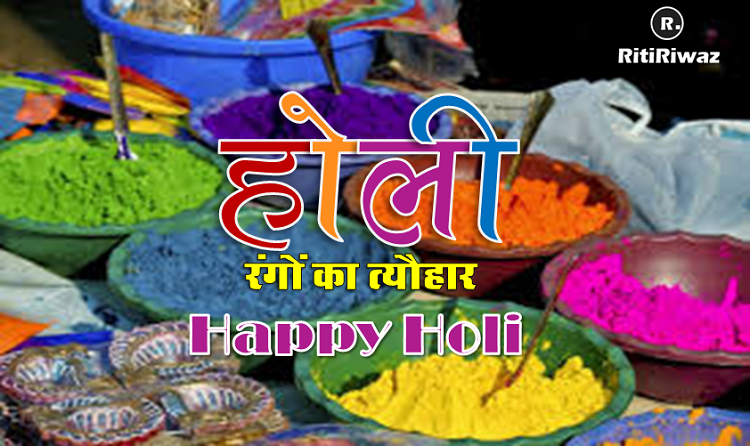Bodhi Day
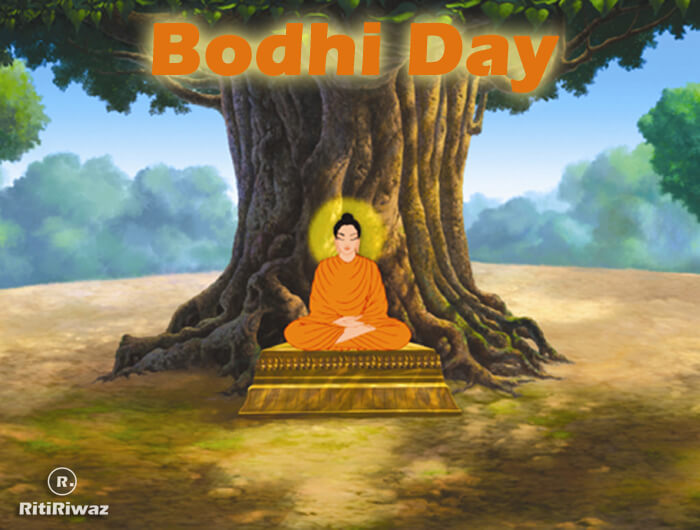
Bodhi Day is considered by Buddhist traditions all over the world as the day that Shakyamuni Buddha attained enlightenment while sitting under a Bodhi Tree. On this day Buddha was awakened to the ultimate truth that there are no distinctive things or beings.
Bodhi Day marks the day that Siddhartha Gautama became the Buddha. In both the Pali and Sanskrit language of ancient India, the word “bodhi” is traditionally translated in English as “enlightenment” but also means “awakened”.
The root word of bodhi is “budh” which means to awake, become aware, notice, know or understand, and from that root word ‘budh’ comes the word “Buddha” to refer to someone who has fully awakened to the true nature of the universe. Bodhi, then, is the knowledge possessed by a Buddha of the true nature of things or Dharma.
There are two Bodhi Days each year. Its date varies from country to country. One is “Secular” Bodhi Day which is celebrated on December 8th every year, while the other is Lunar Bodhi Day whose date changes every year. Lunar Bodhi Day is on the 8th day of the 12th month of the lunar year.
Siddhartha Gautama
Buddhists around the world celebrate Gautama’s attainment of Enlightenment in 596 BCE on this day while sitting under a Bodhi tree in Bodh Gaya, in Northern India. Siddhartha Gautama, who would later become the Buddha, was a prince from Nepal who would leave his wealthy family in search for the meaning of life. After spending six years living the life of an aesthetic (which is a branch of philosophy dealing with the appreciation of the nature of art and beauty) and serving under six teachers, he still did not find what we were searching for.
Siddhartha vowed to sit under the Bodhi tree until he had his answers. He fasted and meditated under the tree for a week, and on the morning of the eighth day, he came to several realizations which were to become the principles of Buddhism. In all the pages I saw during my research for this post there was mention of Siddhartha meditating and watching Venus rising when we discovered “The Noble Eightfold Path” and “Four Noble Truths.” After this Siddhartha was referred to as Buddha, “The Enlightened One.”
Celebration
Bodhi Day is celebrated in a calm, meditative and quiet way. Buddhists will often spend time reflecting on the teachings of Buddha and praying. They may think about how The Eightfold Path and The Four Noble Truths are carried out in their own lives and how they can be of use to others.
Bodhi Day, the day of enlightenment, can be celebrated in many ways. To the Buddhist monk, it is a day of remembrance and meditation. To lay people, a good way of recognizing this important event in Buddhism is to dwell on its meaning and to place in the home reminders of this event. Often, colored lights are strung about the home to recognize the day of enlightenment. They are multi-colored to symbolize the many pathways to enlightenment. The lights are turned on each evening beginning on December 8th and for 30 days thereafter. A candle is also lit for these thirty days to symbolize enlightenment.
In Buddhist homes, a ficus tree (Bodhi tree) of the genus ficus religiosa is often displayed. Beginning on Bodhi Day, these trees are decorated with multi-colored lights, strung with beads to symbolize the way all things are united, and they are hung with three shiny ornaments to represent the Three Jewels – The Buddha, the Dharma, and the Sangha. Candles, which represent enlightenment, will be lit for thirty days and a traditional meal of rice and milk will be eaten, as this was the first meal the Buddha ate after he reached enlightenment under the Bodhi tree.
Suggested Read: 20 Interesting Facts About Buddha


